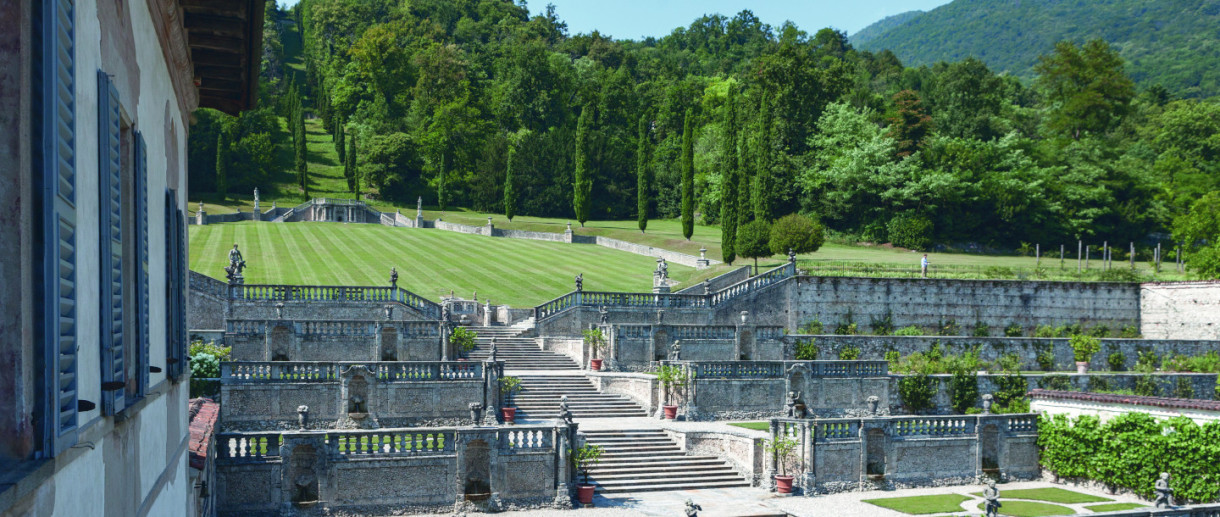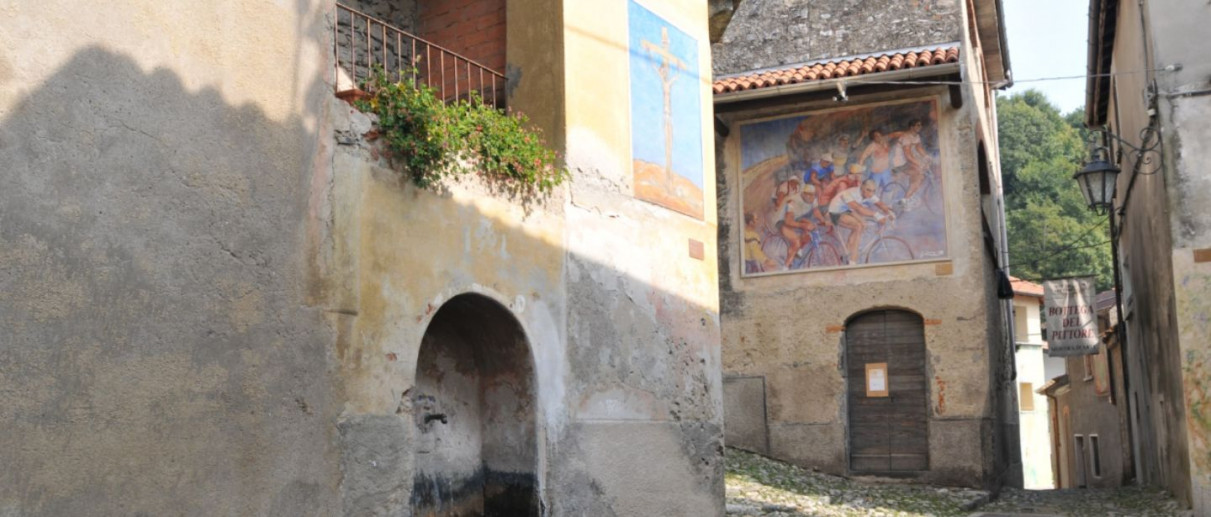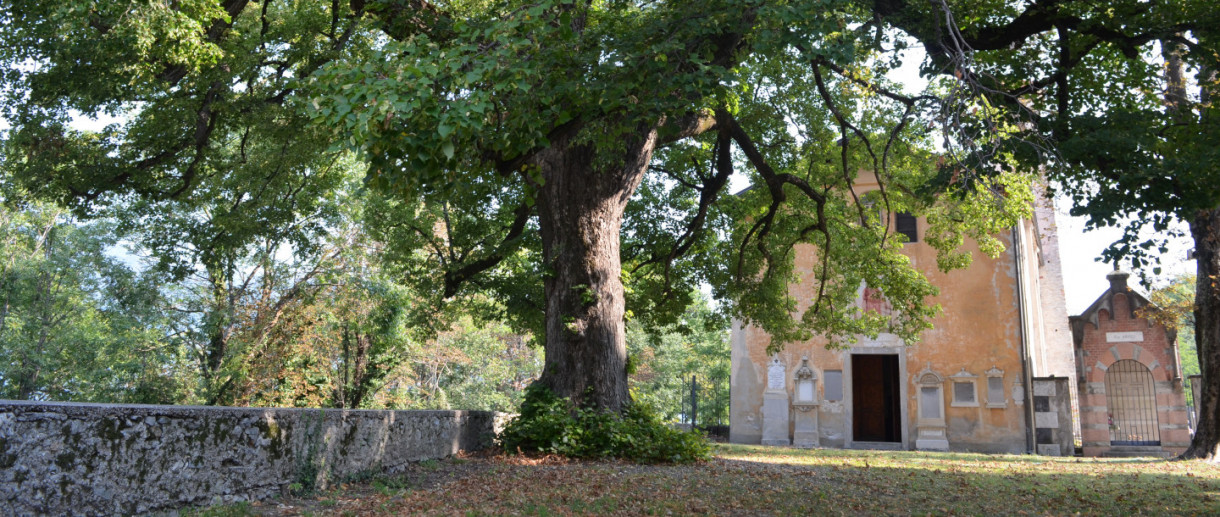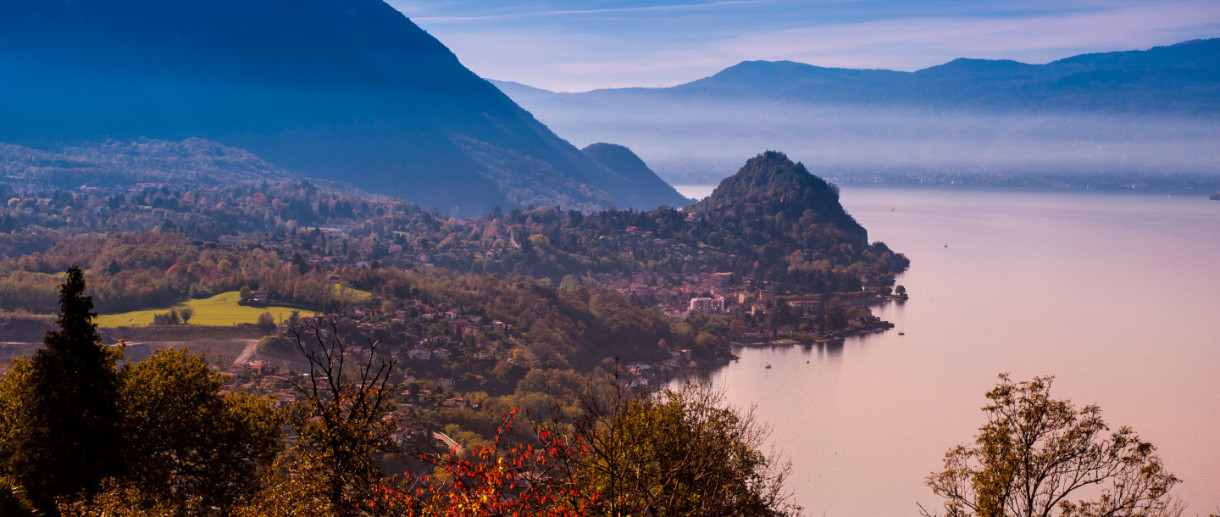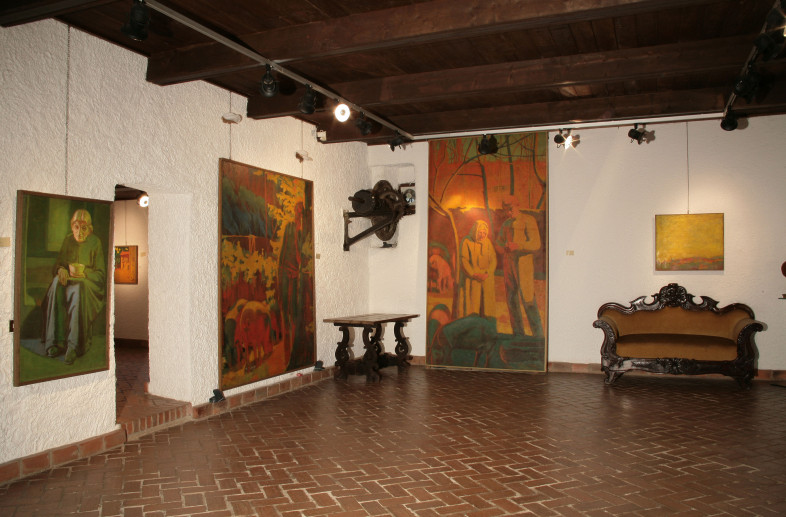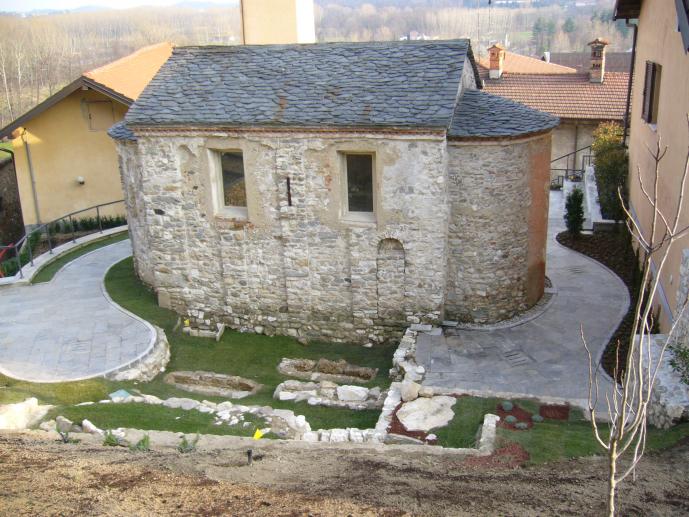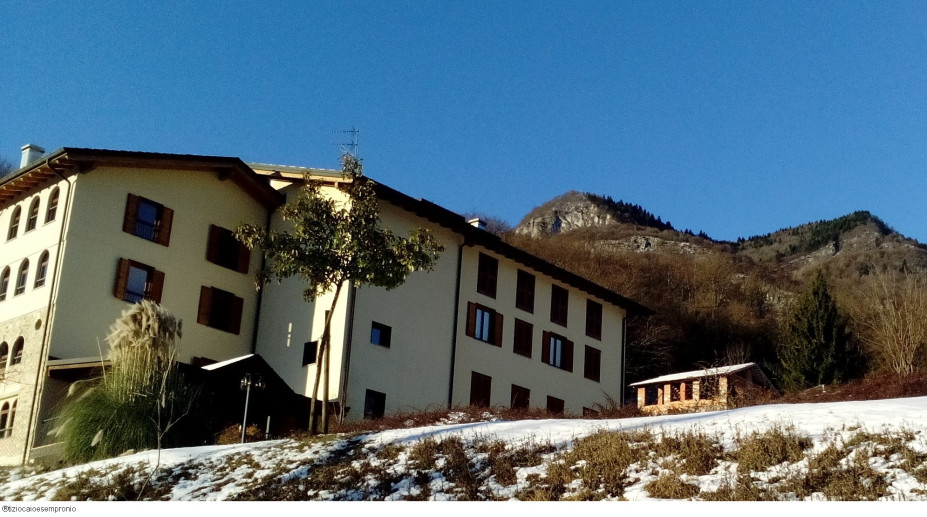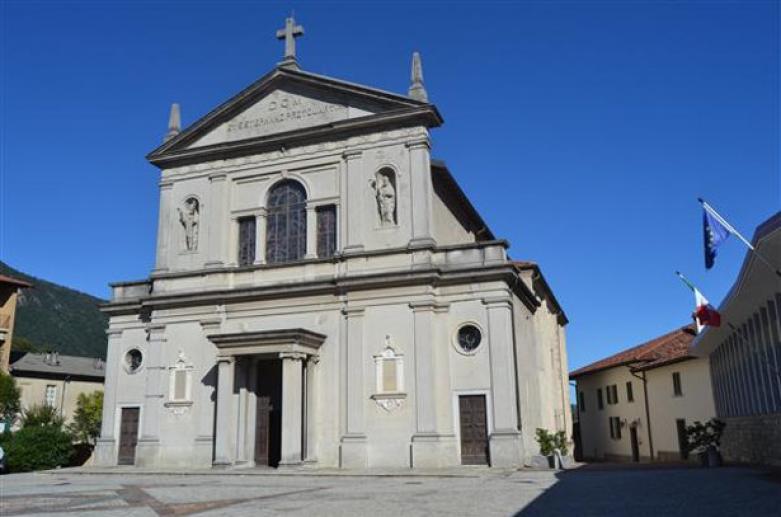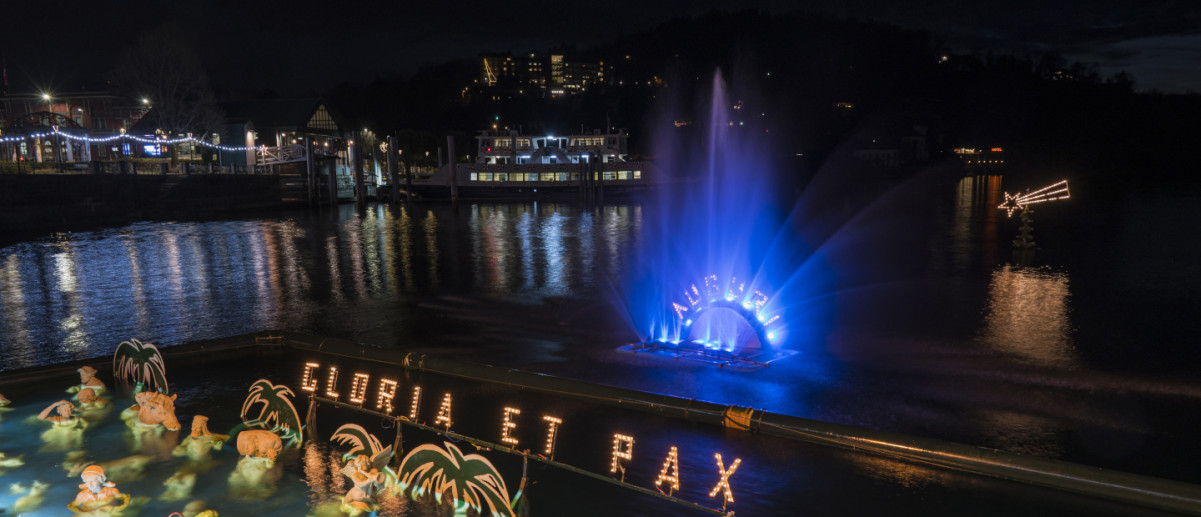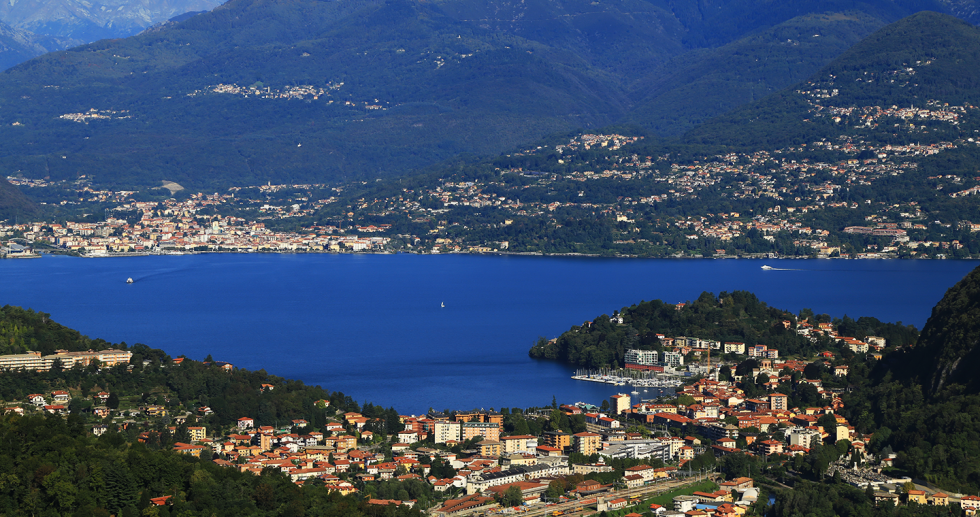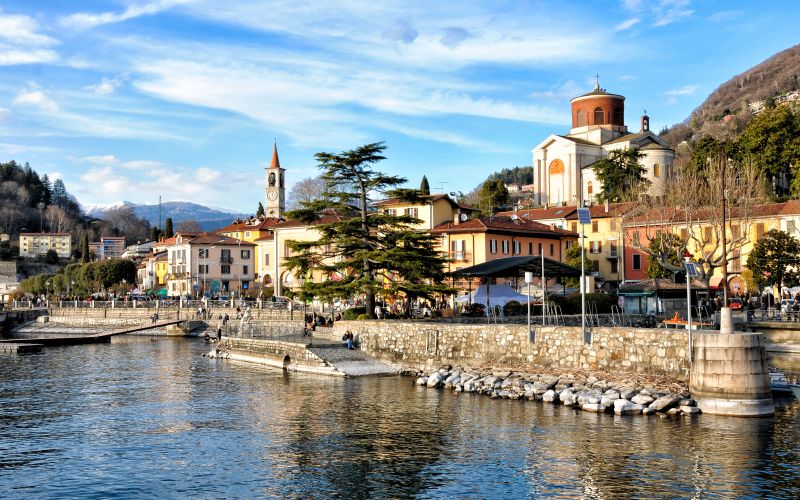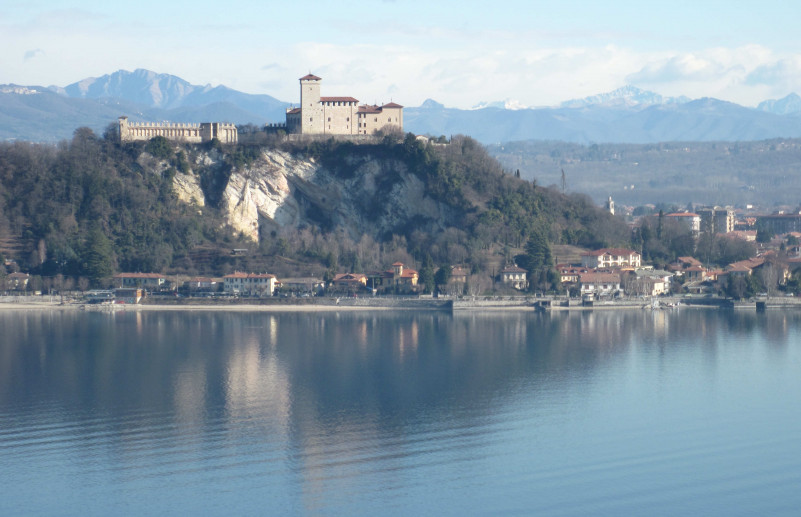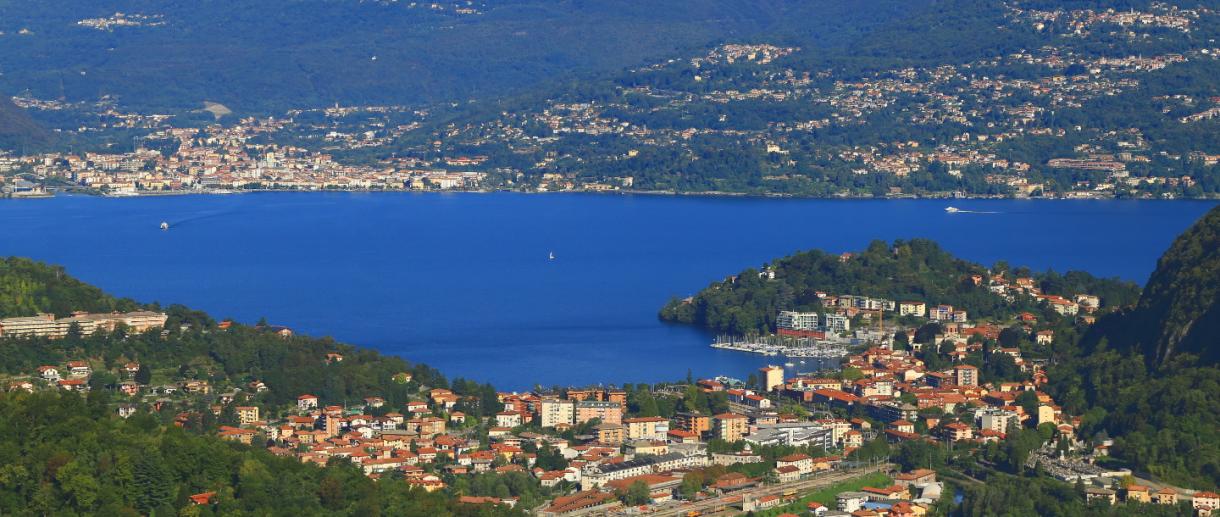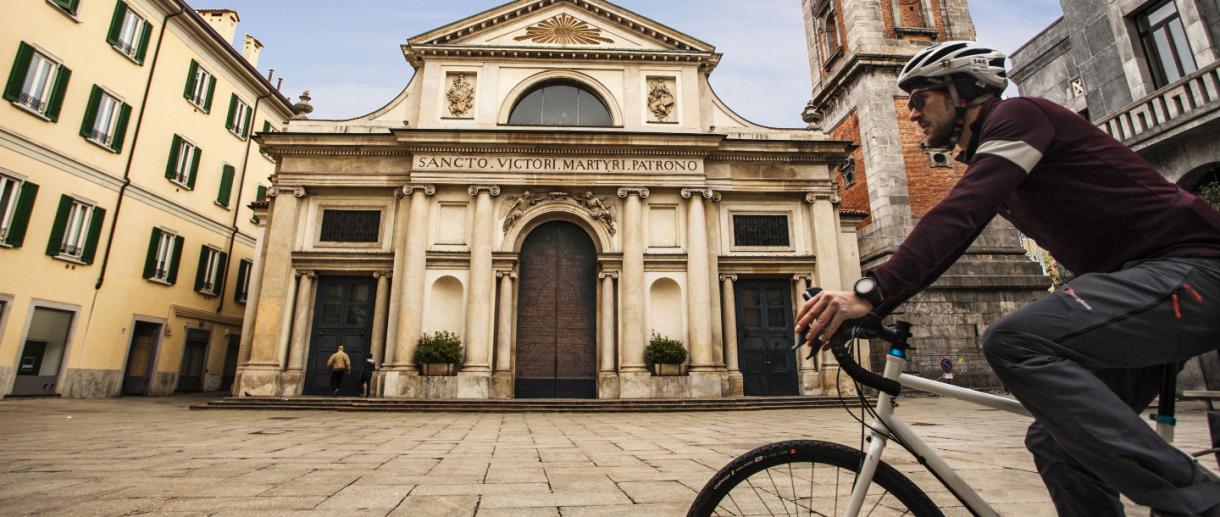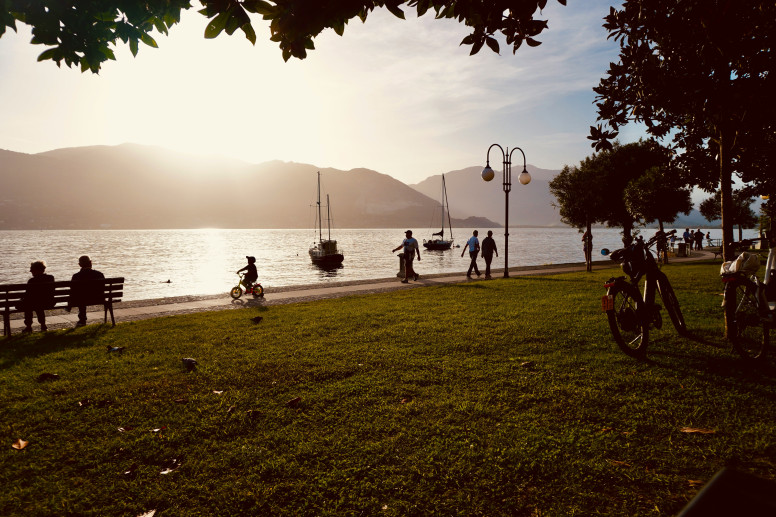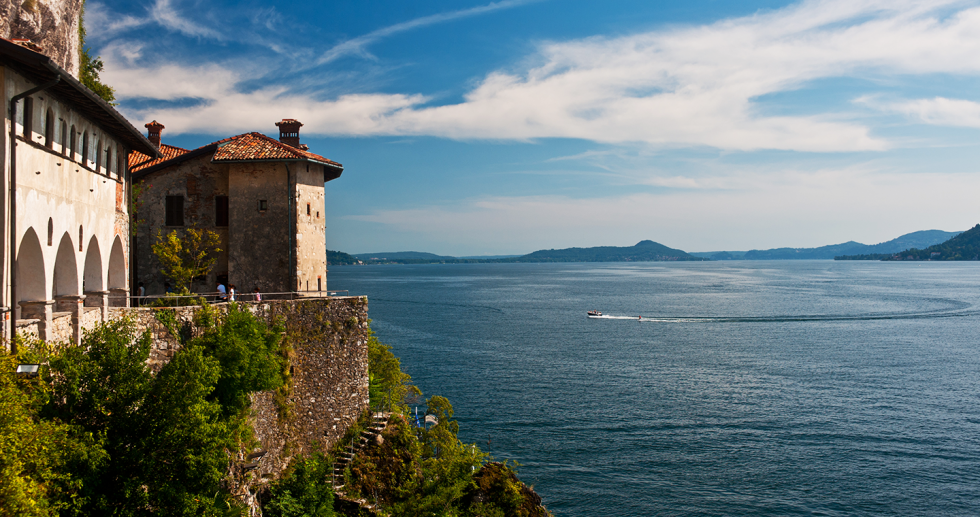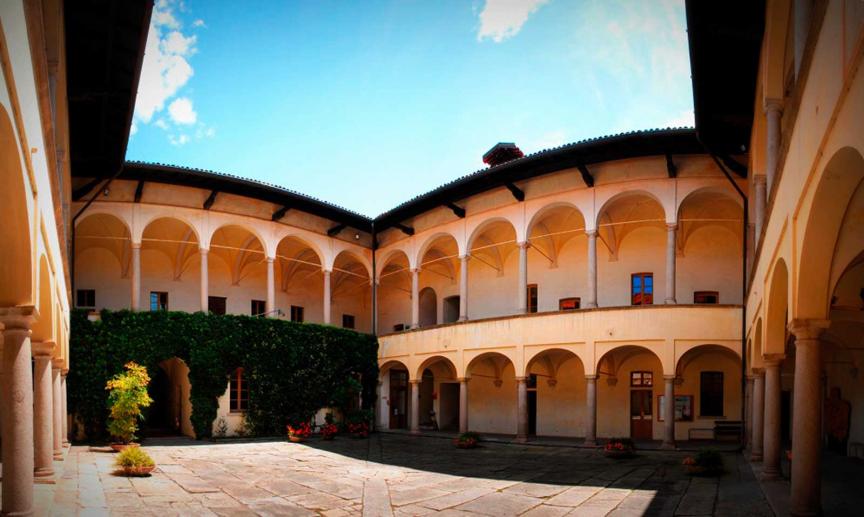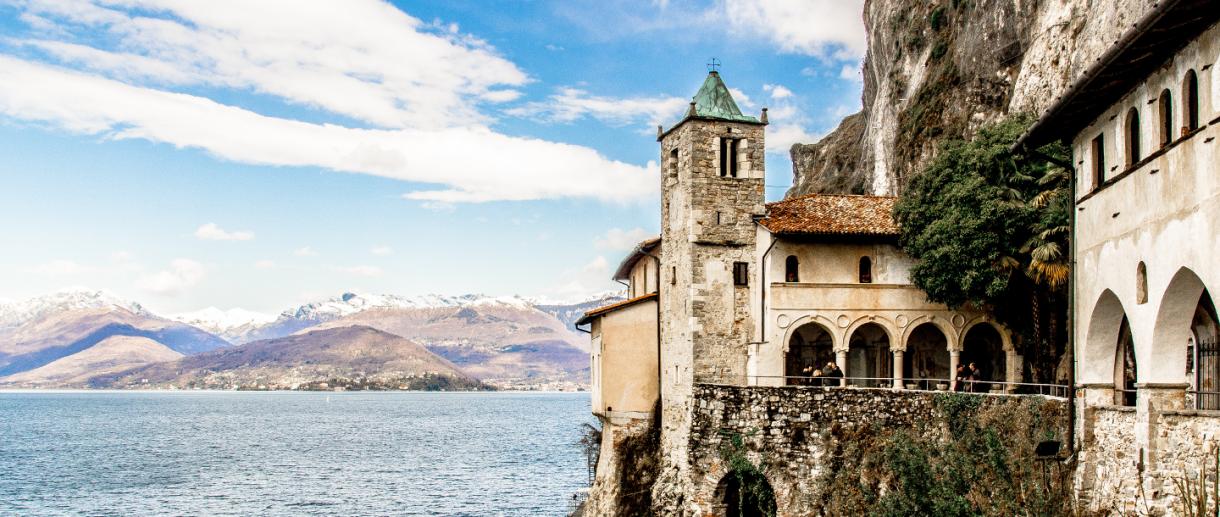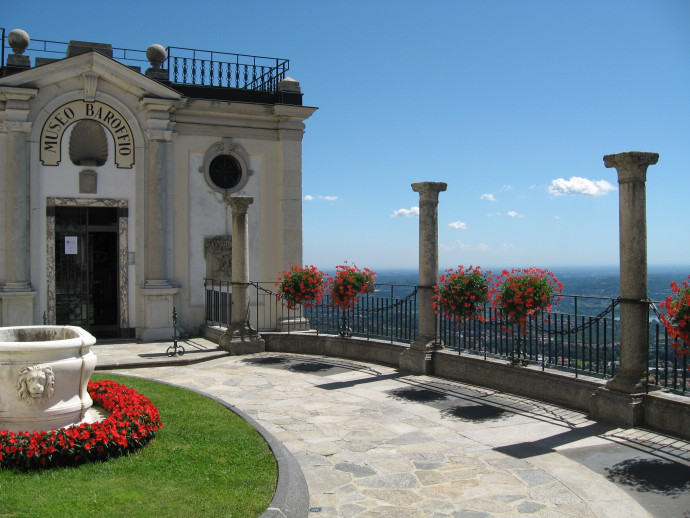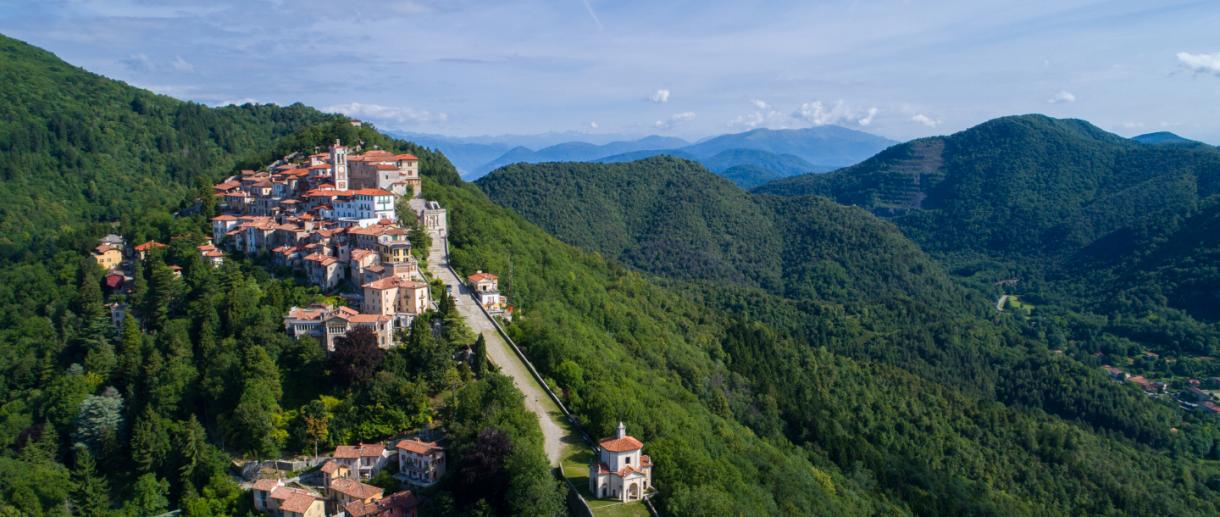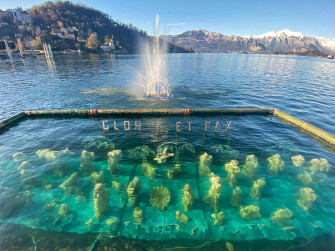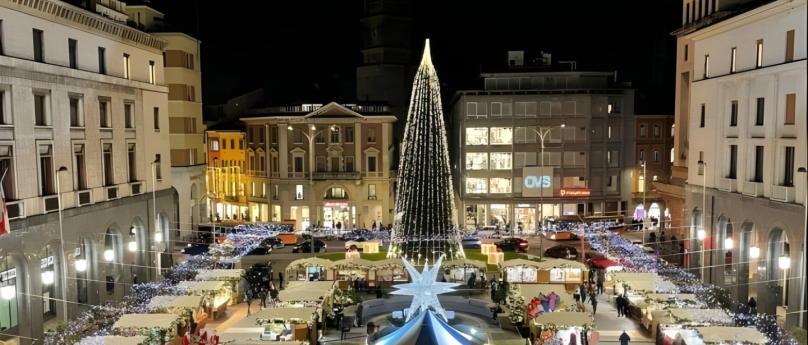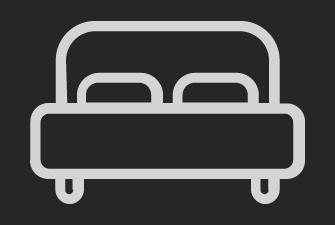- Art & Culture
- Villages
Casalzuigno
Between history and art: from Valcuvia man to erratic boulders
In pre-historic times Casalzuigno was populated by Ligurian probably from the pile-dwelling areas of Lake Varese. A prehistoric axe was also found in Arcumeggia, part of the municipiality, confirming the local presence of the so-called "Valcuvia man" civilisation.
Casalzuigno was later inhabited by the Celtic tribe of the Insubri. Zuigno, the oldest core of the municipiality, however, has Roman origins (Sovinium). In the Middle Ages it suffered the Lombard and French dominations, it was part of the Contado of Seprio, of the Pieve of Val Cuvia and in the end of the Ducky of Milan. In the age of seigniories, it was administered by the Visconti and then by the Sforza, as well as by the Cotta and Della Porta families (whose Villa can still be admired today), and in 1814 by the Bozzolo family. Before the French revolution and after the return of the Austriacs, namely after a brief interlude in which it was part of the Verbano Department, the Litta Arese family was the lady of the valley. In the first fifteen years of the 19th century Casalzuigno became part of the Lario territories (with Como as its capital) and the Cuvio district. Following land reclamation and the uprisings of 1948, it became part of the district of Gavirate, of the province of Como in the late 1950s, and finally of that of Varese.
In Casalzuignois located the Villa della Porta Bozzolo, belonging to the FAI, to which it was donated by the heirs of senator and teaching pathologist Camillo Bozzolo. The locality includes the beautiful hamlet of Arcumeggia, a "painted village", the Church of S. Bernardino in the hamlet of Aga, and the famous erratic boulders, moved during the glaciations.
